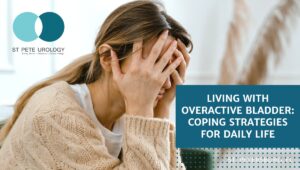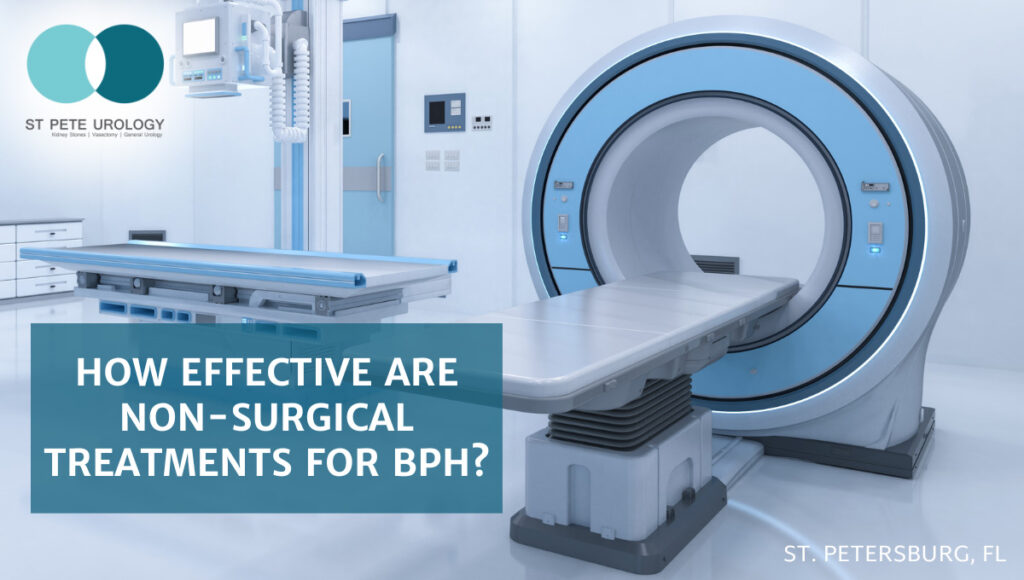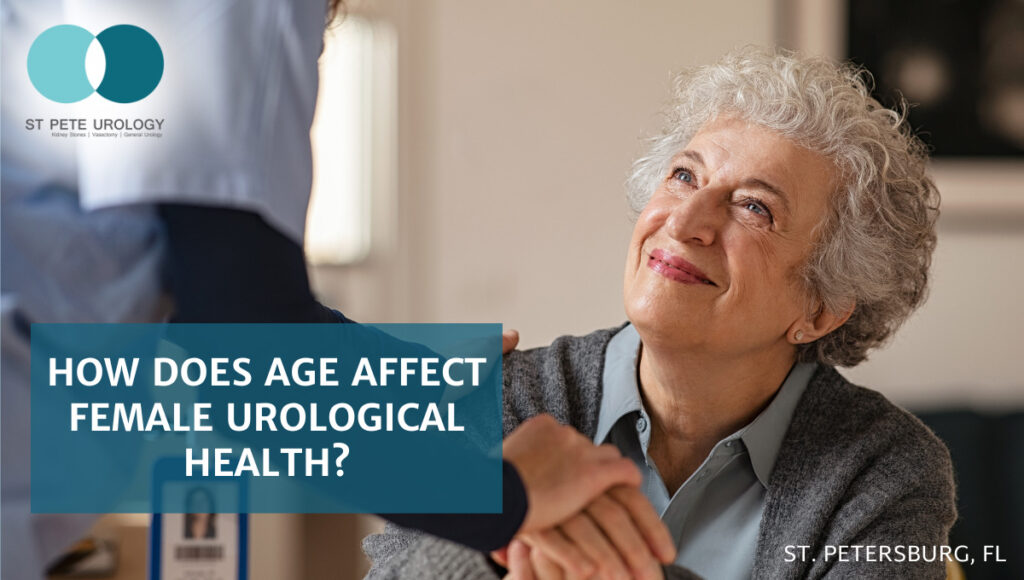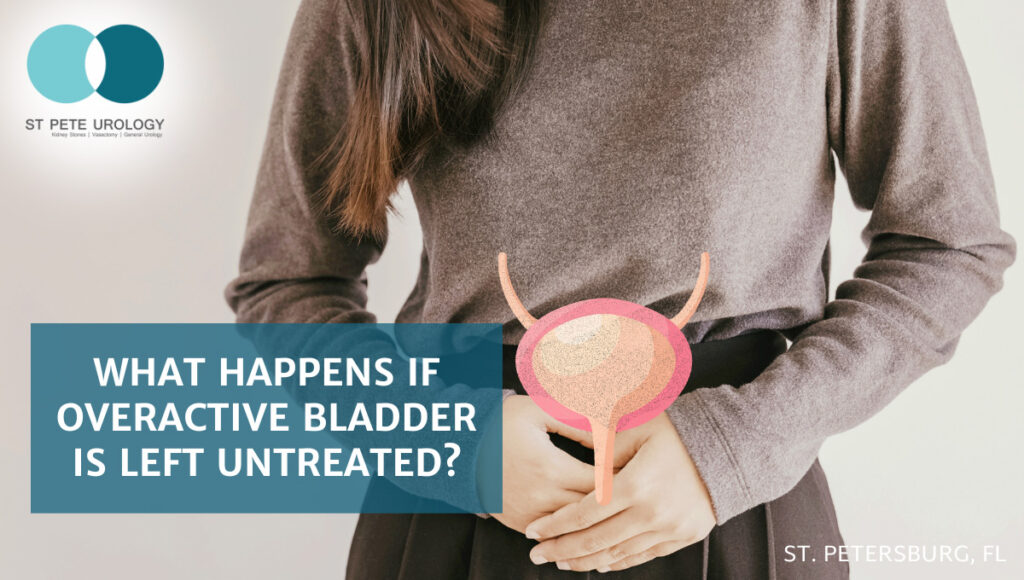Key Takeaways:
1. Overactive bladder (OAB) is a condition with symptoms involving frequent urination, needing to use the bathroom urgently, and accidental leakage.
2. Treatments for OAB include medications, and behavioral modification techniques, such as bladder retraining, visualization techniques, and pelvic floor exercises.
3. Treating OAB can improve quality of life and reduce symptoms, leading to increased comfort and confidence.
Introduction


Definition of Overactive Bladder
Overactive bladder is a condition in which an individual experiences an urgent urge to urinate and sudden urge incontinence (accidental leaking). These symptoms can interfere with daily activities, work and sleep. Symptoms of OAB include:
• Frequent urination
• Needing to use the bathroom urgently
• Accidental leakage
• Psychological disruptions, such as anxiety and depression
Causes of Overactive Bladder
The cause of OAB is not known but it is believed to be related to a combination of a number of factors. Common causes of OAB include neurological conditions, obesity, diabetes, and urinary tract infections. There are a number of medications that can also cause OAB, such as diuretics and anti-depressants.
Treatment of Overactive Bladder
Treatment for OAB typically includes both medications and behavioral modification techniques. For some individuals, lifestyle changes such as a healthy diet or quitting smoking can be beneficial for managing symptoms. Other medications for OAB include bladder muscle relaxants, anti-muscarinic medications and topical estrogens.
In addition to medications, there are certain behavioral modification techniques used to help manage OAB. These techniques involve bladder retraining, which is done by gradually increasing or decreasing the time between voiding. This helps to teach your bladder to hold more comfortably and make it easier to control your urge incontinence. There are also natural remedies, such as relaxation techniques and herbal remedies, that can be used in the treatment of OAB.
Daily Strategies to Help Manage Overactive Bladder
Certain visualization techniques can help with managing your OAB symptoms. These techniques involve focusing on calming images or activities while you are experiencing urinary urgency. This can help you to focus on something else, instead of the urge to urinate.
Another helpful strategy is doing pelvic floor exercises, which can help to strengthen the bladder muscles. Strengthening these muscles can reduce the frequency and intensity of urinary urgency. There are also certain stress relief strategies that can be used, such as cognitive-behavioral therapy or yoga.
Outcomes of Addressing Overactive Bladder
Following a treatment plan for OAB can lead to significant improvements in quality of life. People with OAB often experience improved comfort and ability to control their bladder more effectively.
It can also increase an individual’s confidence, knowing that they can better manage their symptoms and reduce the risk of accidental leakage. Following a treatment plan leads to significantly reduced symptoms, such as decreased frequency of urination and decreased urge incontinence.
Conclusion
Having an overactive bladder can be uncomfortable, inconvenient and embarrassing. Fortunately, there are a number of treatments available for OAB, including both medications and behavioral modification techniques. Knowing how to manage OAB can help restore an individual’s quality of life. It can significantly reduce symptoms, increase comfort, and help individuals to regain their confidence.
St Pete Urology is a urology practice located in St Petersburg, Florida that specializes in the treatment of OAB. They provide comprehensive care for individuals with OAB and can help you to find the best treatment for your individual needs. From diagnosis and treatment to lifestyle adjustments, St Pete Urology can help you to manage your OAB symptoms.
References:
- “What Is Overactive Bladder? Symptoms, Causes, Diagnosis ….” 7 Feb. 2023, https://www.everydayhealth.com/overactive-bladder/.
- “Overactive Bladder Treatment & Management – Medscape Reference.” 20 Dec. 2022, https://emedicine.medscape.com/article/459340-treatment.
- “What Is Overactive Bladder (OAB)?.” https://nafc.org/overactive-bladder/.




